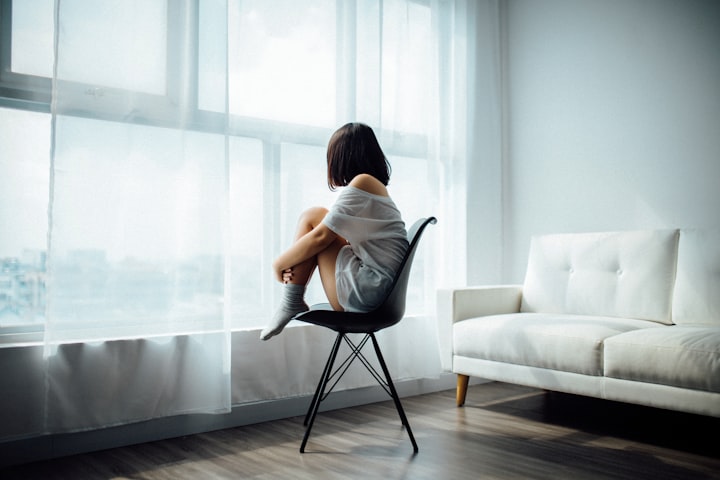Practical Ways For Overcoming Depression
Are you depressed?

Sometimes we hear such statements from those around us: "I have no pleasure and no joy in life," "Sleep is a blessing to me." Being unconscious is the only way to get out of this awful state of affairs. " These statements belong to a person affected by depression. It has been estimated that one in five people has suffered or is suffering from this disease.
Depression is a medical condition in which the patient is severely mentally affected by events in social or personal life. It is estimated that about half of those with clinical depression did not receive a correct diagnosis and treatment even if the manifestations were severe. This could be because certain symptoms such as fatigue, weight loss or weight gain, insomnia are often wrongly attributed to other diseases.
Why are you sad?
Depression is often associated with difficult experiences such as upset, stress, breaking up a relationship. Clinical depression (no longer related to unhappiness) is an abnormal stress response and involves changes in the biochemical structure of the brain. When someone is depressed, they have low levels of serotonin (the hormone that controls a good mood). Not enough research has been done so that we can know for sure if low serotonin levels lead to depression or vice versa.
Can depression be treated?
There are several therapeutic options. Antidepressants can help you feel better, but they will not treat the true causes. Talking with a psychologist can solve individual problems related to the mental structure of the individual. In many cases, the family doctor will suggest a combination of treatments to treat the causes and symptoms.
He will prescribe an antidepressant as well as counseling therapy or psychotherapy sessions. The appearance of depression always involves a special case and the treatment must be differentiated according to personal characteristics.
There are many medications available on the market, so if you notice that the pills that have been recommended do not work, ask your doctor to change your treatment. It is important to follow the treatment for 6–7 weeks and then continue for another nine months after you return to normal, to prevent the recurrence of depression.
Will I become addicted to antidepressants?
Antidepressants are not addictive, but be careful not to stop treatment suddenly. They have a lasting effect on the body and their absence can cause side effects. If depression returns, you should consult your therapist. Do not increase the dose of medication believing that this will cure you faster.
Recognize symptoms
If you suddenly start to experience four or more of the following symptoms in the last two weeks, you may be depressed and may need help:
- You can't enjoy the things you used to enjoy;
- Decreased energy and the feeling that you are always tired;
- You have restless sleep, you sleep too much or too little;
- You have lost your appetite or overeat;
- Drink and smoke more than usual;
- You feel sad most of the time;
- You are always agitated;
- You have difficulty concentrating and making decisions;
- Feeling guilty and useless;
- You have the feeling that life has no value;
- You have lost your self-confidence;
- You have unjustified physical pain;
- Thoughts of suicide;
- The desire to avoid other people;
- Decreased sexual appetite.
Help yourself! 5-point self-help plan:
1. Get some exercise every day. If you don't have time, a 15-minute walk in the neighborhood should be enough.
2. Eat healthily and include plenty of fresh fruits and vegetables in your diet. People who are depressed feel tired. You can alleviate this symptom by making sure your diet is rich in nutrients.
3. Go to the family doctor, tell him how you feel, and think that you may have depression if you have identified the symptoms. Ask about available treatments.
4. Try alternative medicine in addition to traditional treatments: aromatherapy, reflexology, yoga, acupuncture, homeopathy, and hypnotherapy, techniques that will help you relax.
5. Try to contact people who are/have been suffering from depression. Illness can isolate you and sometimes it's hard to talk about how you feel about someone who hasn't experienced it. Sometimes even talking to friends or relatives is a problem. By joining those who know the disease, you can have a dialogue on the same topics, share your feelings with those who will understand what you are going through because they have had similar experiences.





Comments
There are no comments for this story
Be the first to respond and start the conversation.